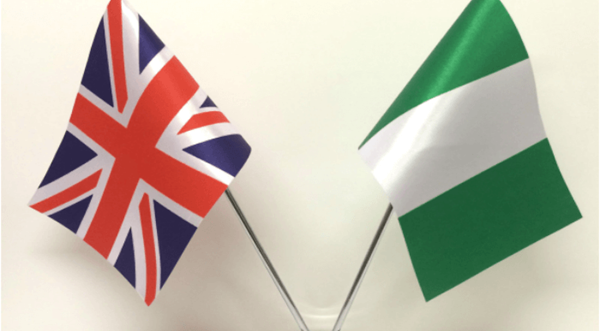
Beginning July 15, 2025, most Nigerians applying for study or work visas to the United Kingdom will no longer receive a physical visa sticker – known as a vignette – in their passport. Instead, successful applicants will be issued a digital eVisa, which serves as a secure, online record of their immigration status.
The shift is part of the UK government’s broader plan to modernise its immigration system and improve efficiency, security and user convenience.
This change will affect only study and work visa applications submitted on or after July 15, 2025. Applicants who apply before that date will continue with the current process, including leaving their passports at the Visa Application Centre (VAC) and receiving a visa vignette.
Applicants for visit visas and dependents, such as spouses and children of study or work visa holders, will still receive a physical visa sticker in their passports for now.
Despite the transition to eVisas, all applicants must continue to attend a VAC to submit their biometric information as part of the application process.
Once a decision has been made on the visa application, successful applicants will receive an email from UK Visas and Immigration (UKVI) confirming the outcome and providing instructions to create a UKVI account, which will be used to access their eVisa.
Speaking on the development, Chargé d’Affaires at the British High Commission in Abuja, Gill Lever OBE, said the change will make travel to the UK easier and more secure for Nigerians.
“We’re making it easier and faster for Nigerians to travel to the UK. From July 15, 2025, most people applying for study or work visas will receive a digital eVisa instead of a visa sticker in their passport,” she said.
“This is a significant step towards a fully digital UK immigration system – one that is more secure, more efficient and more convenient for students, professionals and families.”
She clarified that applicants applying as dependents or for standard visitor visas will continue to receive physical vignettes for the time being.


